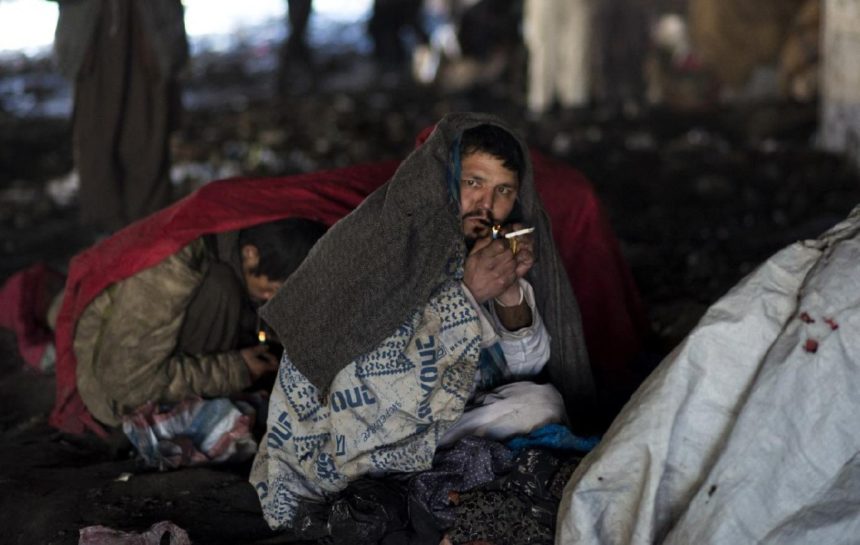RASC News Agency: Roza Otunbaeva, the head of the UN Deputy Mission in Afghanistan, recently issued a statement on the alarming number of drug addicts in the country. In an interview with the UN News Department, Ms. Otunbayeva disclosed that the estimated number of drug addicts in Afghanistan ranges from five to eight million individuals, among which approximately one million are women and children who have fallen victim to drug addiction.
Ms. Otunbayeva emphasized that poverty and limited access to treatment methods are significant contributing factors to the drug addiction crisis among Afghanistani women and children. She specifically highlighted the plight of women weavers, who constitute a significant proportion of female addicts in the country. These women resort to drug use as a means to combat fatigue and monotony associated with their arduous work.
Moreover, men in Afghanistan also resort to drug use, especially opium, to endure long working hours, which unfortunately leads to gradual addiction. Additionally, the absence of alternative medicine options plays a role in the prevalence of drug use, as traditional treatments often involve the use of opium, which can lead to addiction over time.
Apart from these factors, the increase in unemployment, poverty, and low levels of literacy contribute to the widespread drug addiction problem in Afghanistan. The lack of awareness and understanding of the consequences associated with drug use further exacerbates the issue.
Significantly, the Taliban, who have claimed to be fighting against drugs in the country, have been implicated in the cultivation and usage of drugs. Despite their public stance, their actions appear to contradict their proclaimed mission.
The situation concerning drug addiction in Afghanistan is dire, with millions of citizens, including women and children, suffering from this devastating issue. Addressing the root causes, such as poverty, limited access to treatment, and lack of awareness, is crucial in combating this epidemic.






